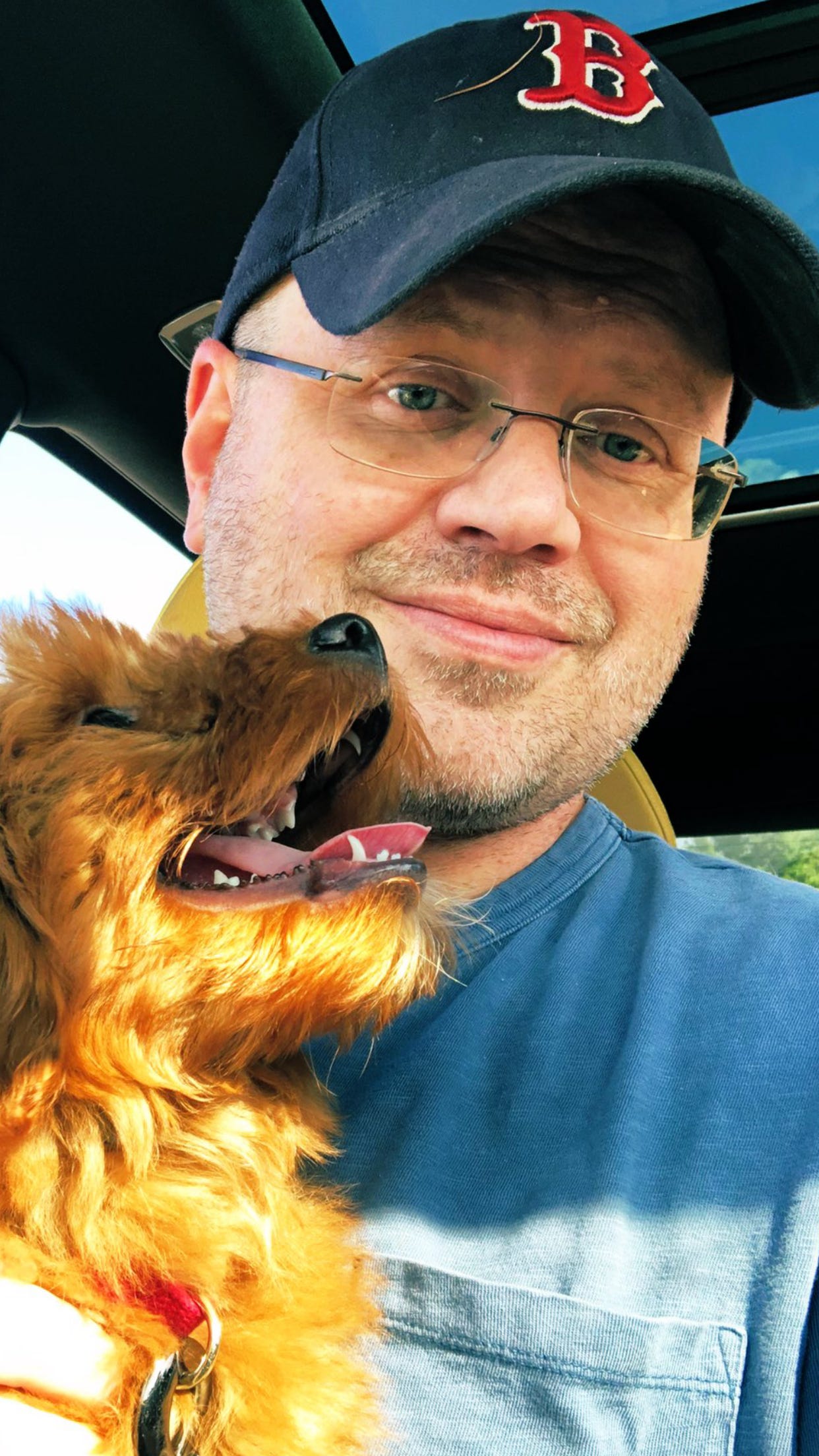This bonus newsletter is a monthly feature for paid subscribers. These extras showcase edited interviews with someone whose work intersects in some way with this newsletter’s focus—place, history, writing. I hope you enjoy this one and those to come.
Introduction
I wish I could remember when Steve Edwards and his work first crossed my path so that I could mark that moment more prominently. All I recall now is that his touching writing, affecting social media posts, and kindness as a teacher have been a bright spot in my orbit for years.
One late summer, just as I was getting ready to launch into another semester, he published “Misunderstanding Thoreau: Reading Neurodiversity in Literature and in Life,” at Literary Hub. He blew me away with his utter humanity as a scholar, a teacher, a friend. Such is the hallmark of all of Steve’s writing. I devoured his memoir, Breaking into the Backcountry, reading my own experience teaching in the wilderness in Idaho against his discoveries in Oregon. At one point, I took a course he offered online through Larksong Writers Place and got to finally meet him in “person” and witness his generosity up close.
Steve teaches writing at Fitchburg State University in Massachusetts. He has published widely, including in The Sun Magazine, Orion, and Longreads. His own newsletter, The Big Quiet, is not to be missed.
Adam Sowards
Who are you, and how do you describe your work?
Steve Edwards
My name is Steve Edwards. I say, first, that I'm a writer in the romantic version of that word—evocations of the examined life. But I really just think of myself as someone who is curious about the world and for whom language is the instrument that I learned how to master. If I could, I would rather be playing guitar or painting or acting, but it was sentences that I could do.
I write nonfiction. Because I'm too lazy to do my research, I write about my own life.
Writing about myself poses a challenge, a good challenge that helps me be a better writer. That challenge is how to avoid seeming self-centered and small, so I'm constantly thinking about connections between my little lived experience and the rest of the world—in particular, the natural world and how it bears down on my life of teaching and parenting and personing.
I really just think of myself as someone who is curious about the world and for whom language is the instrument that I learned how to master.
Adam
You're a prolific writer and also from what I can tell, an attentive teacher. How do you do it? I'm interested not only in strategies but in your mindset around that. Can you give me a sense of how you are oriented toward that work?
Steve
Am I a prolific writer? I just try to do a little bit at a time. I'm kind of obsessive about always doing it, because I know that if I don't, I don't feel right in the world.
There's that symbiotic thing that happens with writing and teaching where when you're writing well and you're discovering things and really engaged with the work, you want to talk about the process with other people and bring them in so that they can have the chance to feel that power that you feel, when you're locked in on an idea or an image even.
For my students, I suppose what motivates me is that I remember being 19. I had not yet discovered writing. I was right on the cusp of it at their age. When I did, everything changed for me.
Keep reading with a 7-day free trial
Subscribe to Taking Bearings to keep reading this post and get 7 days of free access to the full post archives.




